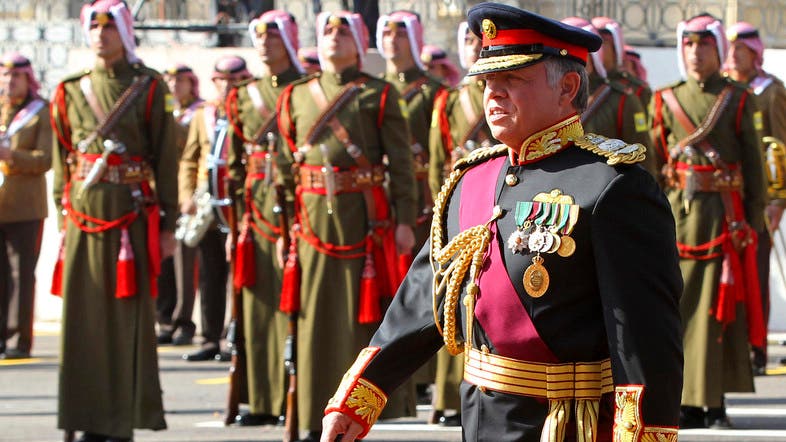
Jordan has applied for a two-year term on the U.N. Security Council, the information minister said on Monday, after Saudi Arabia won a seat and then turned it down.
“Jordan has officially applied for a non-permanent seat on the U.N. security Council. The kingdom is interested in this seat and realises its political and diplomatic responsibilities,” Mohammad Momonai told Agence France-Presse.
“The country hopes to receive international support for this application, which comes as a result of Jordan’s balanced and rational policies.”
Last week, Saudi Arabia officially turned down the seat it had won on Oct. 17, with the kingdom’s envoy sending a letter to U.N. leader Ban Ki-moon to inform him of the move.
“The country hopes to receive international support for this application, which comes as a result of Jordan’s balanced and rational policies.”
Last week, Saudi Arabia officially turned down the seat it had won on Oct. 17, with the kingdom’s envoy sending a letter to U.N. leader Ban Ki-moon to inform him of the move.
“I wish to inform you that the government of the kingdom of Saudi Arabia has decided to advise you that Saudi Arabia will regrettably not be in position to assume its seat in the Security Council to which it was elected,” Saudi U.N. envoy Abdullah al-Mouallimi wrote in the letter, a copy of which was obtained by Agence-France Presse.
Attached to the letter was a copy of a Saudi foreign ministry statement issued last month which slammed the Security Council’s failure to act over the 32-month-old Syria war.
Earlier this month, diplomats said Amman had been reluctant to take up the Asia-Pacific seat on the 15-nation Security Council but had been persuaded to do so by Riyadh.
Afshin Molavi, a research fellow at the Washington-based think tank, New America Foundation, told Al Arabiya News last month that Saudi Arabia rejecting the seat was closely related to Saudi King Abdullah’s “personal frustration over what he views as United Nations Security Council inaction on Syria.”
Afshin Molavi, a research fellow at the Washington-based think tank, New America Foundation, told Al Arabiya News last month that Saudi Arabia rejecting the seat was closely related to Saudi King Abdullah’s “personal frustration over what he views as United Nations Security Council inaction on Syria.”
“I think that they have chosen this unprecedented symbolic step of refusal,” said Molavi, adding that such a decision would not have a significant effect on its influence.
“Saudi Arabia already has the power to influence [international] events. A membership in the U.N. Security Council would not have changed that,” he added.
No comments:
Post a Comment